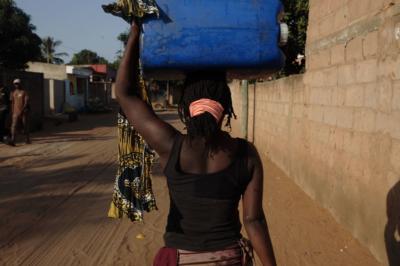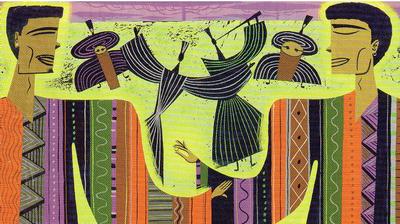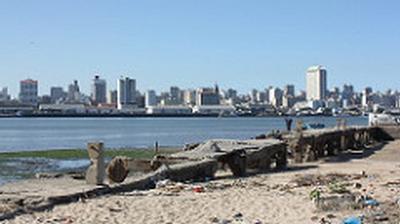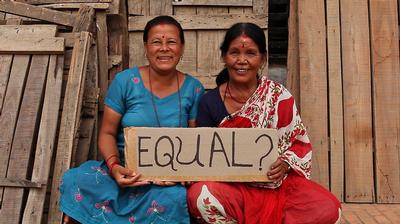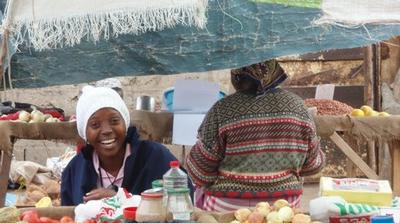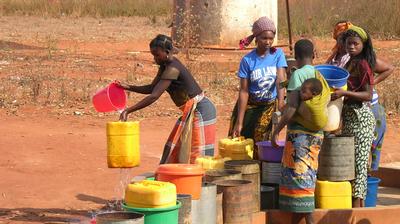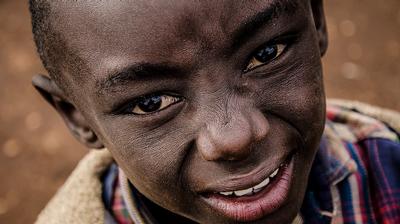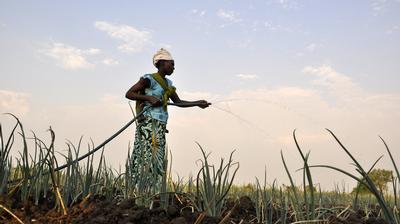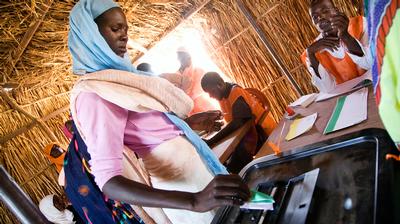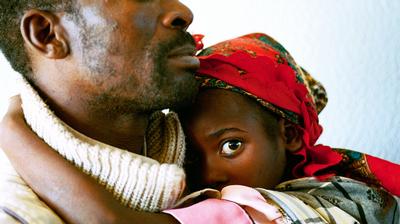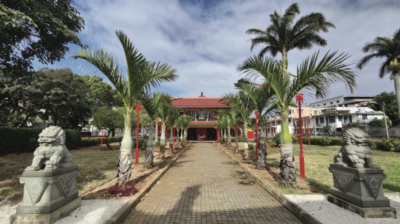Mozambique
Current projects
Completed projects
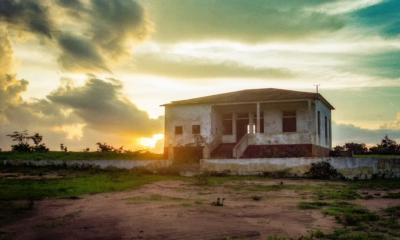
Jan 2021 - Dec 2024
Cabo Delgado: Conflict, Resilience and Reconstruction

Feb 2023 - Aug 2023
Development of a gender framework for asset recovery programme

Nov 2017 - Apr 2018
[FCG(SIDA)-Mid-term Evaluation of Swedish government funded Civil Society ]
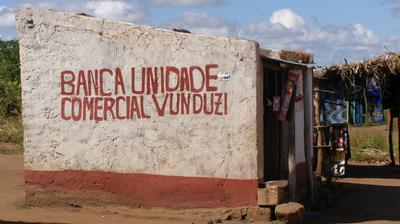
Oct 2016 - Nov 2017
Political Economy Analysis, Mozambique

Jan 2013 - Dec 2016
The Voice of China in Africa - Media and soft power
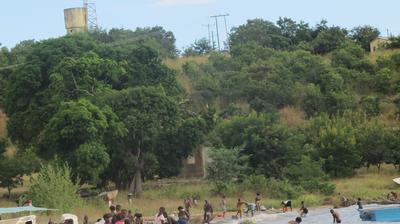
Apr 2011 - May 2016
Reality Checks in Mozambique 2011-2016
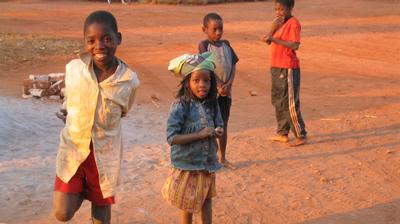
Jul 2014 - Mar 2015
Film Project "Maputo Emergente". Visualising an African Divided City

Oct 2013 - Dec 2013
End review of FDC's immunization project in Zambezia Province, Mozambique

Sep 2013 - Nov 2013
Mid-term Review of UMOJA CFC SOUTH PROJECT and MAPUTO CONCERTS
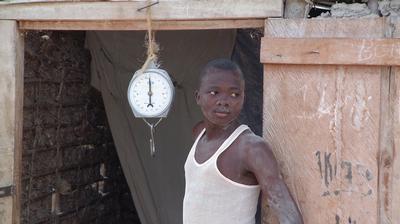
Nov 2010 - Dec 2011
Peoples' views of taxation in Africa
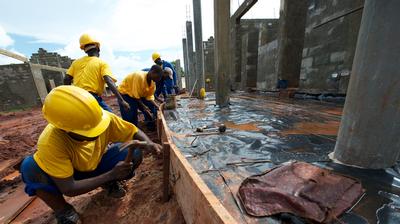
Aug 2010 - Dec 2011
The tax systems in Mozambique, Tanzania and Zambia: capacity and constraints
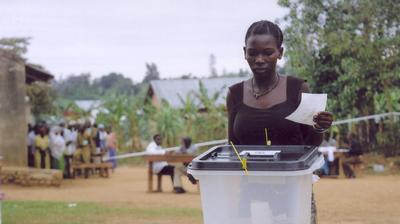
Nov 2009 - Dec 2011
Elections and Democracy in Africa
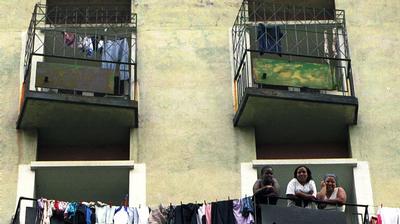
Apr 2006 - Dec 2011
Monitoring Mozambique's Poverty Reduction Strategy PARPA (2006-2013)
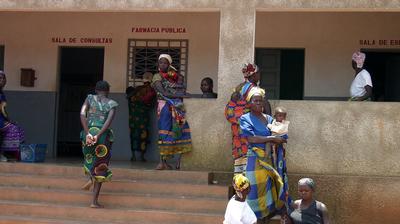
Jan 2011 - Feb 2011
Gender Equality and Development in Mozambique - Contribution to WDR 2012
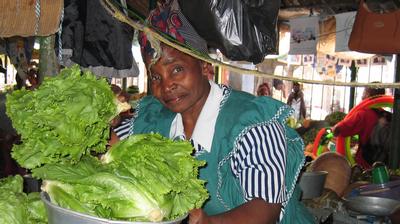
Dec 2007 - Dec 2010
Gender Policies and Feminisation of Poverty in Mozambique (2008-2010)
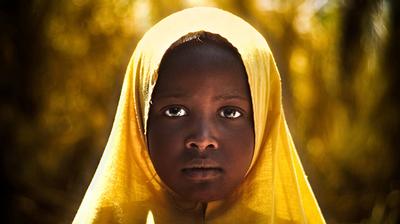
Feb 2010 - Dec 2010
Joint Evaluation of Norwegian and Swedish Aid in Support of Child Rights

Jul 2003 - Dec 2008
Accountability functions of courts

May 2007 - Oct 2008
Accounting for Poverty Reduction in Norwegian Development Aid to Mozambique
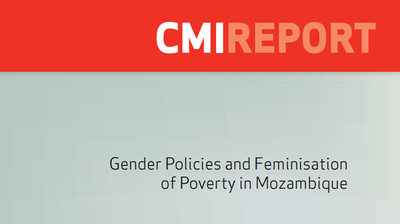
Mar 2008 - Aug 2008
Gender Policies and Feminisation of Poverty in Mozambique (Sub-Project 1)

Jan 2007 - Aug 2007
Evaluation of Norway's Power Related Assistance

Aug 2006 - Jun 2007
Effects of the tax systems in Africa on investments and growth

Mar 2007 - Apr 2007
Poverty Monitoring and Evaluation in Angola

Aug 2005 - Feb 2006
Baseline study for rural electrification in three locations in Mozambique

Aug 2005 - Oct 2005
Study on integrated sub-national administration in Mozambique

Feb 2005 - Aug 2005
Poverty Analysis in Mozambique

Mar 2005 - Jun 2005
Review of Scandinavian Assistance to the statistical bureau in Mozambique (INE)

Jan 2003 - Jun 2005
The effects of post-war aid

Sep 2004 - Jan 2005
Cabo Delgado Balcao Unico

Jan 2000 - Dec 2004
WTO/GATS and economic development: key to 'the new economy'?

Sep 2004 - Dec 2004
Mid-term review: Decentralised Finance Planning and Programme

Jan 2002 - Dec 2004
KNOWFISH

Jan 2004 - Jul 2004
Mainstreaming Mine Action

Jan 2003 - Dec 2003
Assessment of multilateral organisations performance

Jan 1998 - Jan 1999
University-Based African Consultants in Nordic and Canadian Development Aid

Jan 1998 - Sep 1998
Norwegian assistance to countries in conflict

Jan 1997 - Dec 1997
